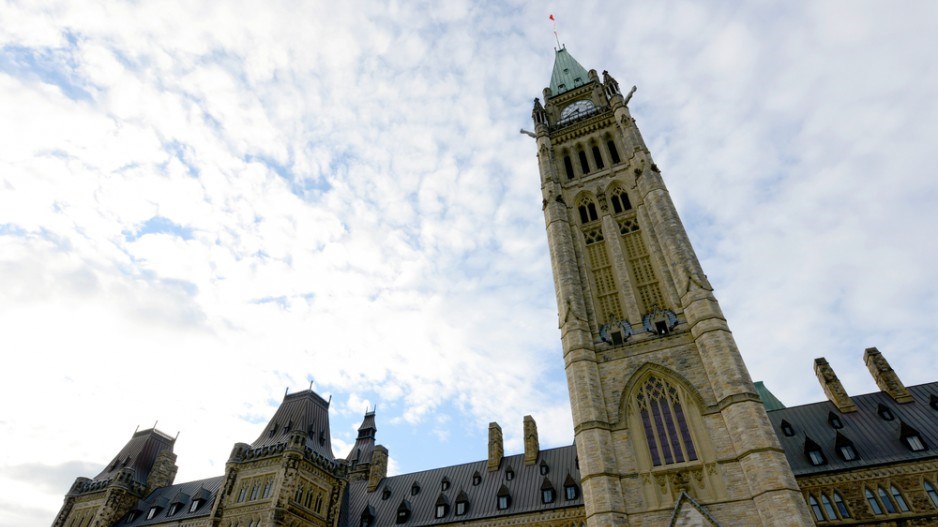Mismanagement and waste by the federal government has cost Canadian taxpayers between $158-$197 billion over the past 25 years, according to a Fraser Institute study published October 31.
The study found hundreds of examples of government cost overruns, unnecessary spending, inefficiencies, inaccurate financial reporting and other failures when examining Auditor General reports from 1988 to 2013.
Some of the alleged mismanagement and wasteful spending specifically related to British Columbia included:
- in 1988, a mineral development agreement with the Ministry of Natural Resources was required to have a clear economic development plan, but did not, with an estimated unnecessary cost of $5 million;
- a 2001 report found that 30% of child deaths in B.C. and Alberta went unreported, and some cases Child Tax Benefit payments continued until the deceased child reached 18;
- in 2000, the Auditor General found abuse of the Employment Insurance (EI) program in B.C. where EI benefits were granted using false records, and no government officials involved in the incidents have been procecuted, even though Human Resourced Development Canada officials had been aware of the alleged fraud for over 20 years (no financial estimate available); and
- between 1993 and 2006, the federal government spent around $426 million on BC Treaty negotiations, but no treaties have been signed.
Charles Lammam, Fraser Institute resident scholar in economic policy and lead author of the study, pointed out that the long study period covered five prime ministers from two different political parties.
“While there’s a tendency to blame the government of the day for mismanagement and failure, the reality is that government failure is a systemic problem,” said Lammam.
“Many people continue to look to government to solve new problems in society. But as the Auditor General reports illustrate, government can’t be counted on to deliver a range of tasks – whether it’s basic things like accurately issuing cheques or managing credit cards, or whether it’s more complex activities like major procurement projects, economic development initiatives, or helping low-income Canadians.”
The report can be found here.




